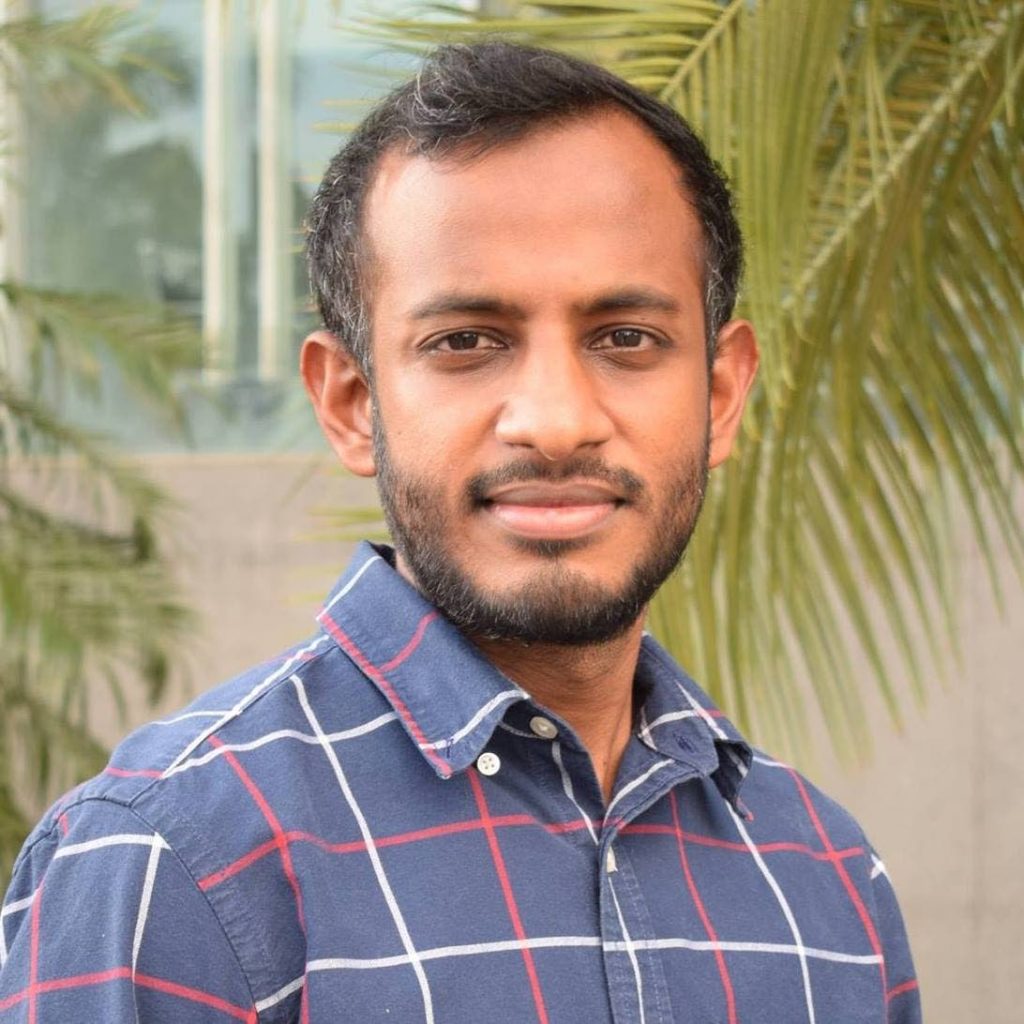Doctors in the face of death

TAUREEF MOHAMMED
When I graduated from medical school, my grandmother warned me about the strange position that I would not uncommonly find myself in: “A doctor is often the last person someone sees or talks to in this world before he/she meets God.” At the time, it didn’t sink in. Fresh out of medical school, I was all about saving lives – until I started to work.
After spending three months on the adult medical ward at Port of Spain General Hospital as part of my internship, I realised managing death was as vital a skill as treating a heart attack. But while I was prepared for the latter, I wasn’t for the former.
The deaths came at a steady but not rapid pace. The young man with HIV, his defenceless body riddled with infections. The “diva,” as she was described by her family, who succumbed to breast cancer. The middle-aged man ravaged from head to toe by every complication of poorly controlled diabetes.
When it was time to face the patient’s relatives, I acted out what I learned in medical school: Buckman’s six steps for breaking bad news. But I felt nothing. I brushed it off. This was the doctor thing to do, I figured. After all, accepting death is antithetical to the reason I got into medicine in the first place: saving humanity. Accepting death is failure.
So, unable to process these deaths and exhausted by “failure,” I blocked adult medicine out of my mind and thought about a career in paediatrics instead.
Fortunately, around the time I was contemplating specialties, I picked up Atul Gawande’s book Being Mortal: Illness, Medicine and What Matters in the End.
Gawande provides insight on ageing and dying and unravels complex end-of-life situations, showing that our primary role in medicine is not to prolong life but to ensure wellbeing and, when we can, a good end.
If I had read this a year ago, I thought, those three months on Wards 53 and 54 would have been more fulfilling.
Doctors try to put up a shield against death. But the reality is, shield or no shield, we all experience emotions – whether grief, sadness, regret, guilt – in some way. Recognising their existence and learning to process them are as important in our training as learning to resuscitate someone. If we don’t do this, we are subjecting ourselves to a life of discontentment and burnout. The research to support this is plentiful.
To date, there have been 116,052 deaths recorded due to covid19. On April 10, the US reported over 2,000 deaths in one day.
The personal accounts of frontline responders around the world are numerous: stories of hospitals struggling to cope with the influx of covid19 patients and efflux of dead bodies; healthcare workers weeping for their colleagues, their patients, for humanity.
There is no shield big enough for this one.
But as we witness 21st-century medicine kneeling to covid19, we see moments that capture the true essence of the healthcare profession. Left somewhat empty-handed – no life-changing drugs, just supportive management – healthcare workers have been pouring out their humanity in ways that hark back to the beginnings of the profession, when, without antibiotics and technology, their humanity was all that doctors could offer
Nicholas Kristof of the New York Times reports the story of Katherine Chavez, a nurse working at a hospital in the Bronx. She sat at the patient’s bedside, holding his hands, saying it’s going to be ok. She remained there for 12 hours.
The image reminded me of the painting The Doctor, by Sir Luke Fildes. Commissioned in the late nineteenth century, when life expectancy was a mere 40 years, it depicts a doctor at the bedside of a dying child.
“The doctor broods, and in truth there was very little more he could do…he was almost as helpless as the parent, only six feet and three or four social classes away. So his manner is all, and Fildes captures it for ever: the furrowed brow; the hand propping the firm bearded chin; the calm, concerned authority,” Colin Douglas, author and doctor, wrote in the British Medical Journal.
It is no secret that the technological advances and deep scientific insights gained over the years have squeezed some of the humanity out of medicine.
In this time of widespread death when it appears that science is not enough, let us try to rekindle the humanity in medicine. It’s the doctor thing to do


Comments
"Doctors in the face of death"